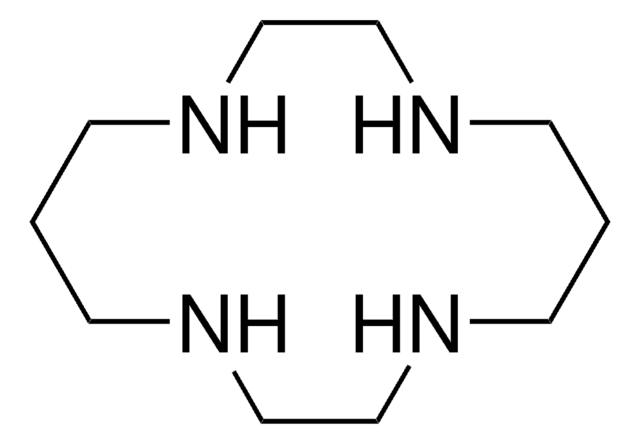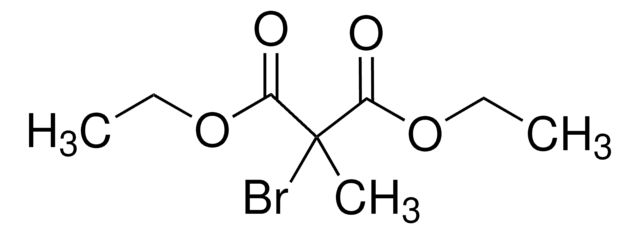723134
Tris(2-pyridylmethyl)amine
98%
Synonym(s):
TPA, TPMA, Tri-(2-picolyl)amine, Tripicolylamine
About This Item
Recommended Products
Assay
98%
form
solid
mp
85-89 °C
SMILES string
C(N(Cc1ccccn1)Cc2ccccn2)c3ccccn3
InChI
1S/C18H18N4/c1-4-10-19-16(7-1)13-22(14-17-8-2-5-11-20-17)15-18-9-3-6-12-21-18/h1-12H,13-15H2
InChI key
VGUWFGWZSVLROP-UHFFFAOYSA-N
Application
Signal Word
Warning
Hazard Statements
Precautionary Statements
Hazard Classifications
Acute Tox. 4 Oral
Storage Class Code
11 - Combustible Solids
WGK
WGK 1
Choose from one of the most recent versions:
Already Own This Product?
Find documentation for the products that you have recently purchased in the Document Library.
Customers Also Viewed
Articles
Tools and techniques for performing atom transfer radical polymerization (ATRP) with benefits and limitations.
Find how atom transfer radical polymerization (ATRP) tools can be used for the synthesis of well-defined functionalized polymers.
Atom transfer radical polymerization (ATRP) has emerged as one of the most successful synthetic techniques for the preparation of polymers with predetermined molecular weights, narrow molecular weight distributions, and high degrees of chain end functionalities.
We presents an article about a micro review of reversible addition/fragmentation chain transfer (RAFT) polymerization. RAFT (Reversible Addition/Fragmentation Chain Transfer) polymerization is a reversible deactivation radical polymerization (RDRP) and one of the more versatile methods for providing living characteristics to radical polymerization.
Protocols
We presents an article featuring procedures that describe polymerization of methyl methacrylate and vinyl acetate homopolymers and a block copolymer as performed by researchers at CSIRO.
We present an article about RAFT, or Reversible Addition/Fragmentation Chain Transfer, which is a form of living radical polymerization.
An article about the typical procedures for polymerizing via ATRP, which demonstrates that in the following two procedures describe two ATRP polymerization reactions as performed by Prof. Dave Hadddleton′s research group at the University of Warwick.
Our team of scientists has experience in all areas of research including Life Science, Material Science, Chemical Synthesis, Chromatography, Analytical and many others.
Contact Technical Service![Tris[2-(dimethylamino)ethyl]amine 97%](/deepweb/assets/sigmaaldrich/product/structures/695/792/ee0ff167-22a3-43a7-83a1-6c4908adf0ae/640/ee0ff167-22a3-43a7-83a1-6c4908adf0ae.png)

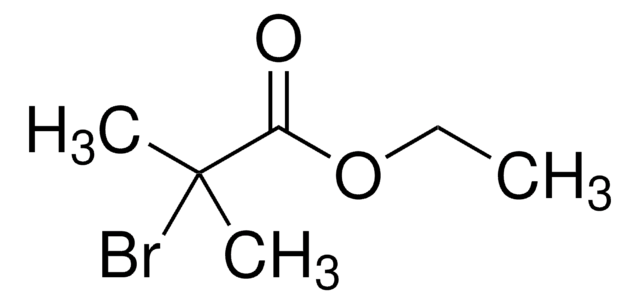
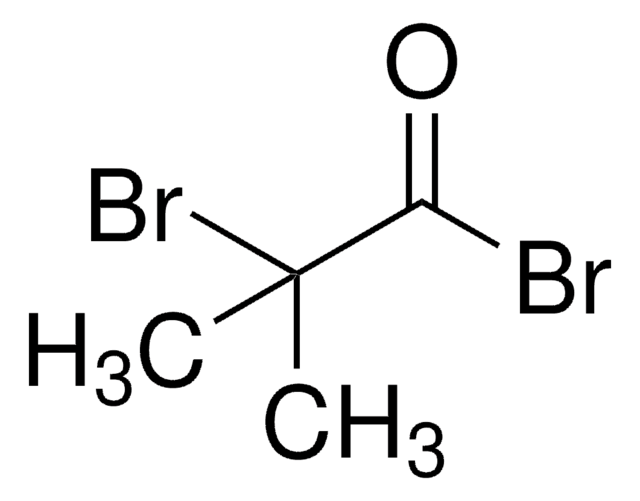
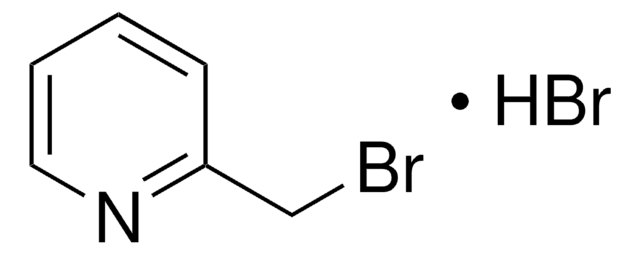
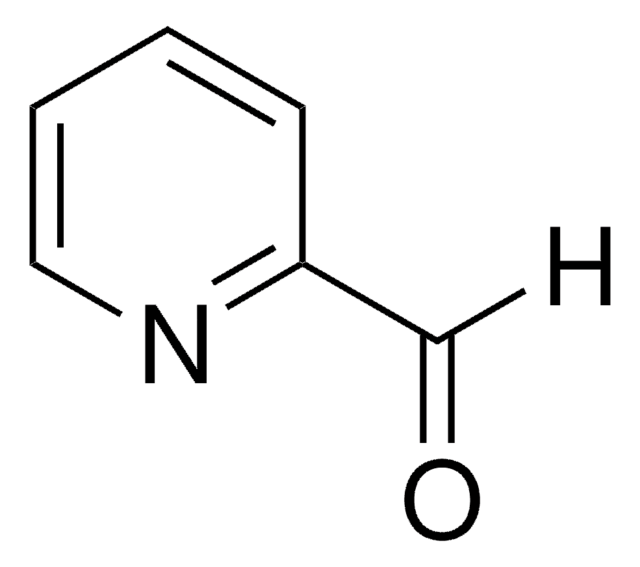



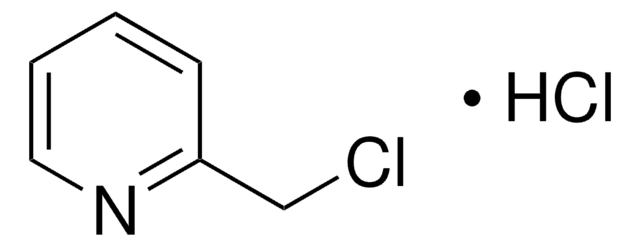

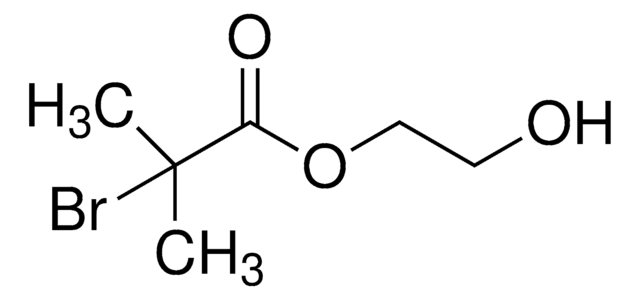
![Tris[2-(methylamino)ethyl]amine 97%](/deepweb/assets/sigmaaldrich/product/structures/217/368/3e89e134-669e-4a03-9a34-f97b50399bb2/640/3e89e134-669e-4a03-9a34-f97b50399bb2.png)
![Tris[2-(isopropylamino)ethyl]amine 90%](/deepweb/assets/sigmaaldrich/product/structures/253/235/b92964dc-f04c-4d63-9b8a-85279d81cd62/640/b92964dc-f04c-4d63-9b8a-85279d81cd62.png)
